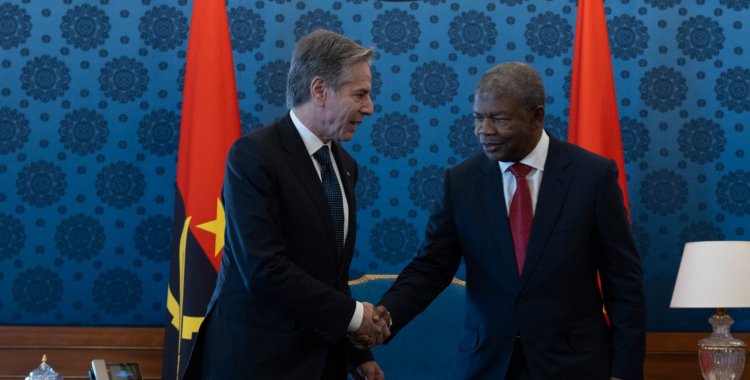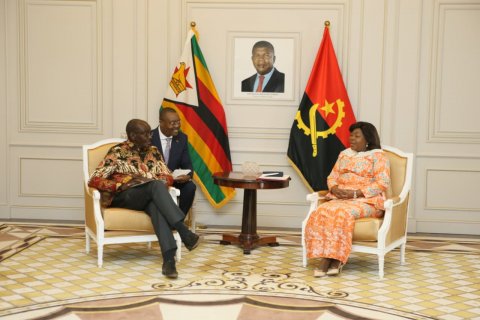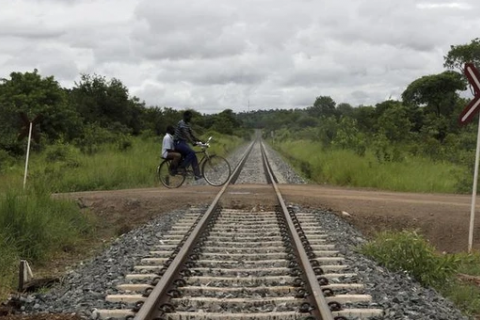"We anticipate that President João Lourenço's government will continue to take advantage of the renewed geopolitical interest in Africa, while maintaining strong ties with China, its main and traditional economic partner", write analysts at this consultancy owned by same owners of the financial rating agency Fitch Ratings.
In an analysis of the country's political risk, sent to clients and to which Lusa had access, BMI Research says that the renewed North American interest in this Portuguese-speaking country and the region "brought at least two billion dollars in investments in energy, telecommunications and railway infrastructures" and adds that he sees "more investments in these sectors in the coming quarters".
At the same time, they note, "Angola sought to maintain current bilateral relations with China, ensuring the absence of customs fees on access to Chinese markets for 98 percent of taxable products, with effect from December 2023".
In this context, the consultant predicts that "João Lourenço's diplomatic efforts will continue to guarantee economic benefits for Angola, from an investment and trade perspective".
In analyzing other points that could change the country's political risk perception, BMI Research considers that internal liberalization will "advance slowly" and emphasizes that its forecast points to the removal of fuel subsidies continuing, despite popular protest.
Still, "Angola's operating environment remains relatively unattractive, the perception of corruption remains high, and popular discontent will remain high", predicts BMI Research.
"In a context of limited budgetary space for fiscal stimulus and a weak outlook for economic growth, which we forecast at 1 percent this year and 1.4 percent in 2025, well below the average of 5.3 percent from 2010 to 2014, and with a population growth of 3.1 percent, it is likely that there will be more protests, but we do not foresee them developing into large-scale disruptions to the point where they would pose any threat to the government, especially since the demonstrations would have a very of the strong Angolan security apparatus", say analysts.
In the medium term, however, "the weakening of electoral support for the Popular Movement for the Liberation of Angola (MPLA) poses risks to its continuity in the medium term".
Analysts even consider there to be a risk of the MPLA "losing its majority in parliament", particularly because "GDP per capita has been falling since 2014 and is only expected to grow again in 2027, fueling the perception of deteriorating living conditions and economic mismanagement on the part of the government led by the MPLA".







